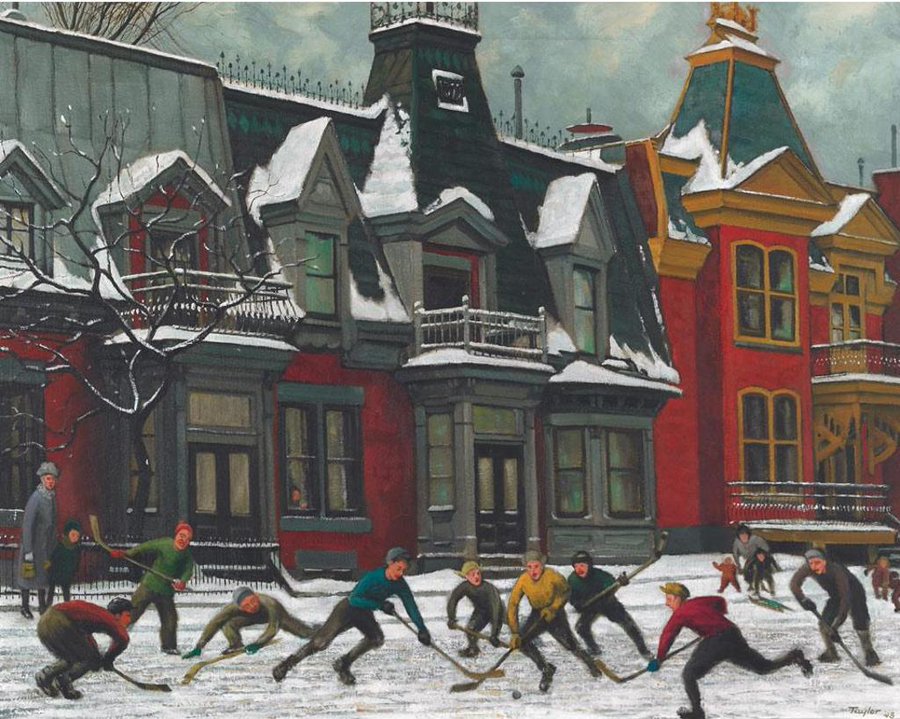The IT Law Wiki: Spectrum Allocation
HAM operators are priceless during a disaster. Listen! pic.twitter.com/pQDv1K29ID
— Jessica Rojas 🇺🇸💪 (@catsscareme2021) October 6, 2024

The IT Law Wiki: Spectrum Allocation
HAM operators are priceless during a disaster. Listen! pic.twitter.com/pQDv1K29ID
— Jessica Rojas 🇺🇸💪 (@catsscareme2021) October 6, 2024
“Own only what you can always carry with you: know languages, know countries, know people.
Let your memory be your travel bag.”
— Aleksandr Solzhenitsyn (From “The Gulag Archipelago”)
Today we explain our collaboration with other education settlements in the US and other nations. We conform to participation requirements set by ANSI US Technical Advisory Groups to the International Organization for Standardization but we also have liaison with other universities in the European Union who conform to the participation requirements of their own national standards bodies.
Use the login credentials at the upper right of our home page. Because a great deal of content is copyright protected by the International Electrotechnical Commission, International Organization for Standardization and International Telecommunications Union, please contact bella@standardsmichigan.com for an advance agenda.
17 equations that changed the world pic.twitter.com/69jV97p8mM
— Massimo (@Rainmaker1973) December 21, 2024
d
d
v
“He who does not speak foreign languages
knows nothing about his own.“
— Johann Wolfgang von Goethe
Here’s a rough breakdown of the top languages on the web:
English: 55.4% – Russian: 6.6% – Japanese: 5.4% – Spanish: 5.2% – Chinese: 4.6%
One of the most contentious aspects of best practice discovery and promulgation in any domain, and no less so in educational settlements, is an agreed-upon vocabulary and shared understanding. As we explain elsewhere in this history, when a counter-party disagrees with you, he simply switches out the vocabulary — i.e. changes definitions or adds or subtracts from the traditional meanings of things. So we approach this topic several times a year to confirm our bearing on the meaning of things.
Attention Is All You Need | Ashish Vaswani, et. al
We begin 2025 by breaking down this topic into four sections
Language 100: Survey of vocabulary in the standards catalogs relevant to building and managing education settlement real assets; including legal terms.
Language 200: Electrotechnology standard catalogs; including computer programming languages.
Language 300: The English as the language of science and innovation; the birthplace of computing and programming, the internet’s native tongue, standardization & open source development; etc.
Language 400: Reserved
We observe National Poetry Month in the United States and Canada every year with an inquiry into changes in the (meaning of) definitions at the foundation of best practice literature; frequently the subject of sporty debate among experts writing codes and standards for the built environment of education communities.
In the United Kingdom, National Poetry Month is celebrated in October, and it is known as “National Poetry Day” which has been observed since 1994. It is an initiative of the Forward Arts Foundation, which aims to encourage people to read, write and perform poetry.
Other countries also have their own poetry celebrations, such as World Poetry Day, which is observed annually on March 21 by UNESCO (United Nations Educational, Scientific and Cultural Organization) to promote the reading, writing, and teaching of poetry worldwide.
In past years we used a Tamil mnemonic because Tamil is the oldest surviving language and remains the spoken language of 80-odd million people of South Asia. Alas, use of Tamil confounds our WordPress content management system so in 2024 we began coding this topic in American English
Latin Phrases You Should Know. pic.twitter.com/Erq61gVW29
— Learn Latin (@latinedisce) May 5, 2024
Once median household income is adjusted for cost of living, Utah emerges as the wealthiest state in the nation and Mississippi yet again ranks last. Source: https://t.co/AN3JZqtNnF pic.twitter.com/kv8U3LZlvh
— Simon Kuestenmacher (@simongerman600) January 3, 2025

Frederick Bourchier Taylor (1906-1987)
Hockey On Henri Julien Street At Pine Avenue East, Montreal 1948
An overview of public commenting opportunities on proposed standards for sports and recreation equipment and athletic facilities. Send email to bella@standardsmichigan.com for access to the agenda.
US Wintersport Traditions:
Michigan State Hockey @MSU_Hockeyhttps://t.co/9dPmzpsfaG pic.twitter.com/LV7WjIiWBB
— Standards Michigan (@StandardsMich) February 17, 2024
bb
In the 8th century, tennis originated as a game called ‘La Soule’ played by Christian Monks; in the 18th century, field tennis evolved on grass courts. ASTM F1953-10(2018) covers guidance for the construction & maintenance of #GrassTennisCourts. @ASTMIntl https://t.co/Cbyd0EnbA6
— ANSI (@ansidotorg) July 6, 2023
Last night's Boarders Water Fight, as an annual @Beachborough tradition was great fun! #beingbeachborough #startheregoanywhere @iapsuk pic.twitter.com/0o8jZ7cmKF
— Simone Mitchell (@BBPrepHead) July 6, 2023
This planned new addition at the Univ. of Nebraska-Lincoln College of Architecture is so much more than classrooms and office space. It’s a living laboratory for students. Learn how #masstimber is playing an integral role in this project. #BuildWithWood https://t.co/bhyg5n3jKz
— American Wood Council (@woodcouncil) August 15, 2024
New update alert! The 2022 update to the Trademark Assignment Dataset is now available online. Find 1.29 million trademark assignments, involving 2.28 million unique trademark properties issued by the USPTO between March 1952 and January 2023: https://t.co/njrDAbSpwB pic.twitter.com/GkAXrHoQ9T
— USPTO (@uspto) July 13, 2023
Standards Michigan Group, LLC
2723 South State Street | Suite 150
Ann Arbor, MI 48104 USA
888-746-3670
